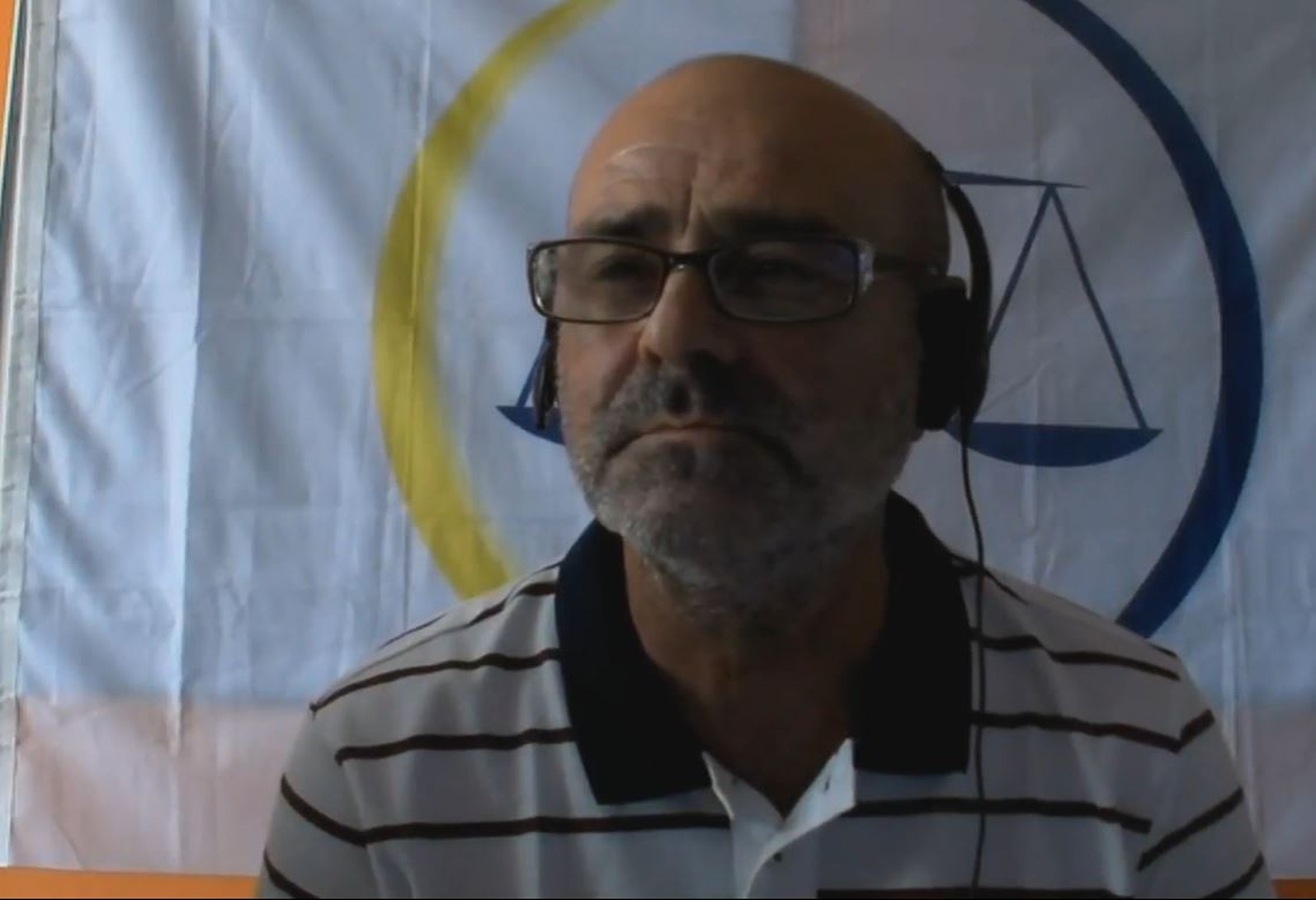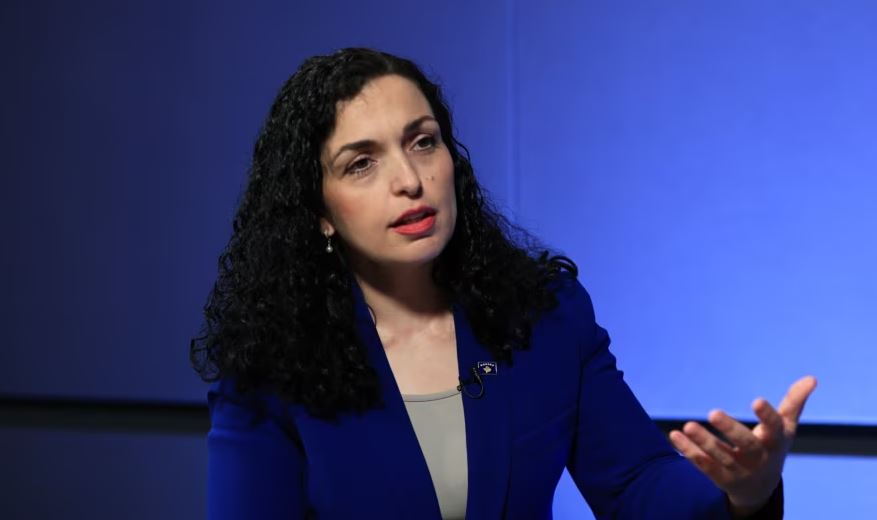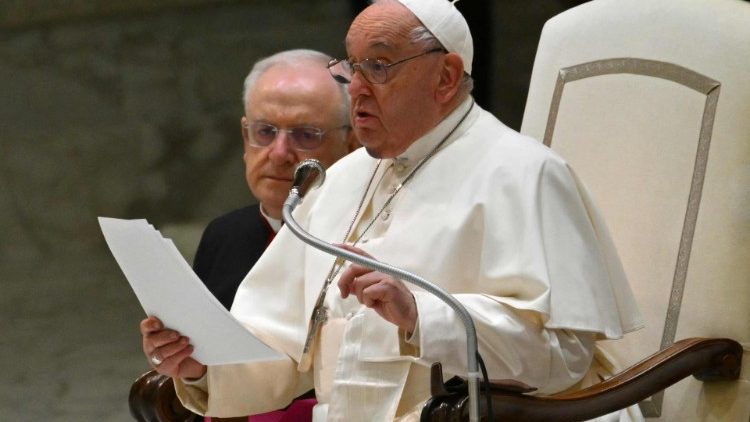Prosecution witness Nuhi Bytyci asked the court not to use his book as evidence against “freedom fighters” Hashim Thaci and three co-accused, saying it was based on his “views as a journalist”, not a historian.
Kosovar journalist Nuhi Bytyci, testifying at the trial of former President Hashim Thaci and three co-accused, said on Thursday he had exaggerated the strength and level of organisation of the Kosovo Liberation Army, KLA, when reporting on the 1998-99 war and asked the court not to consider his subsequent book as evidence against “the freedom fighters”.
The KLA’s former political leader, Thaci and his co-defendants – Kadri Veseli, Jakup Krasniqi and Rexhep Selimi – are accused at the Kosovo Specialist Chambers in The Hague of individual and command responsibility for crimes committed against prisoners held at KLA detention facilities in Kosovo and Albania, including 102 murders, during and just after the war against Serbian forces.
The defence has sought to show that the KLA was a loose force without a strong command structure and that the General Staff was not always in control of the decisions and actions of operational zone commanders.
Bytyci, who covered the war for then Albanian language public broadcaster, Radio Television of Pristina, RTP, testified about travelling to the Dukagjini operational zone in western Kosovo with Thaci, Selimi and another guerrilla, but local KLA members under the command of Ramush Haradinaj refused them permission to film. Haradinaj and Thaci would later become political rivals.
“I was sorry that Mr Thaci’s order was not respected there,” he said.
In their reporting, Bytyci said his “goal” and that of the cameraman he worked with “was to present the Kosovo Liberation Army as seriously as possible to Albanian and international public opinion”.
“I wanted to portray the KLA as more emancipated, more urban, stronger,” he said.
Prosecution witness Zoran Stankovic in court on Thursday, June 6, 2024. Photo: Livestream/Kosovo Specialist Chambers

‘Our hands were tied behind our backs’
Bytyci, who was called to testify as a witness for the prosecution, played down the relevance of his subsequent book in judging the organisational strength of the KLA, saying it was based on his memories “as a journalist and never as a historian”.
“History is written on the basis of concrete documents, on the basis of facts, even though there are concrete facts here too, but these are my views as a journalist on the events that I had the fortune to follow before the war, during the war and after the war,” Bytyci told the court on the third day of his testimony.
“This book was published after the war and I tried to present my work as a journalist as originally as possible and to present my views on the KLA, how I saw these young male and female volunteers and I tried to affirm it a little more than necessary”.
“I did not calculate that the book would serve here for the Prosecutor’s Office and this court to accuse the former leaders of the KLA,” he said. “I do not want this court, especially the Prosecutor’s Office, to consider this book of mine as evidence with which to accuse the freedom fighters.”
After Bytyci, witness Zoran Stankovic took the stand via video link and described how he and his brother were interrogated and beaten by KLA guerillas in a dormitory in the eastern region of Gjilan/Gnjilane in June 1999.
“Our hands were tied behind our backs, our eyes were covered and after a while they started beating us with boards and chains,” Stankovic, a Serb, told the court. He said it took him two months to recover from the physical injuries but that he suffered from psychological trauma for years after.
Stankovic told the court that while his uncle, Milorad, transported weapons for the Yugoslav military and that his brother and cousin were Serbian police reservists, he himself was not part of the Yugoslav or Serbian forces.
Prosecutors say the KLA “carried out a widespread or systematic attack” against civilians perceived as opponents, including alleged collaborators with the Serbian regime.
All four defendants pleaded not guilty on all counts of the indictment.


